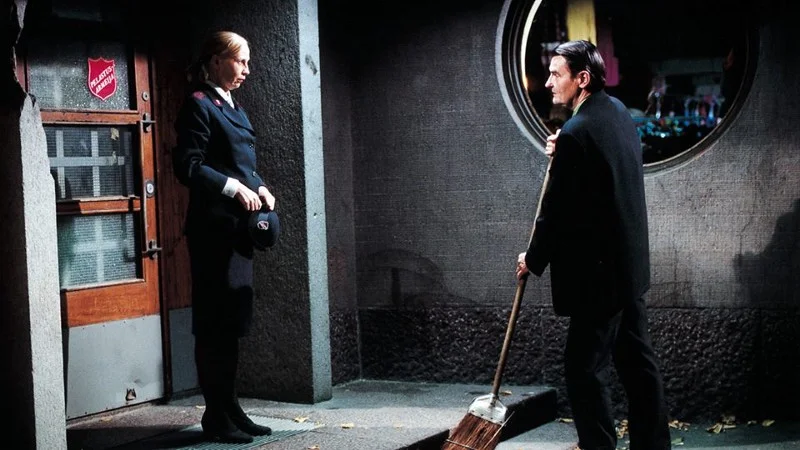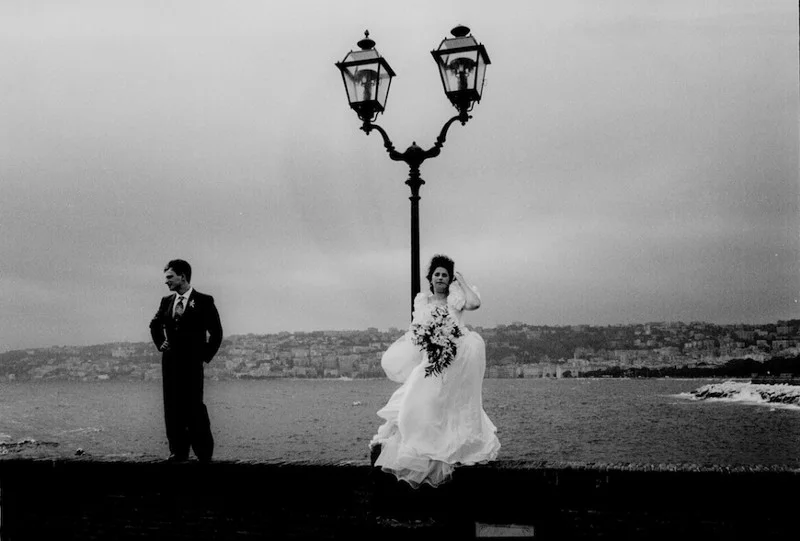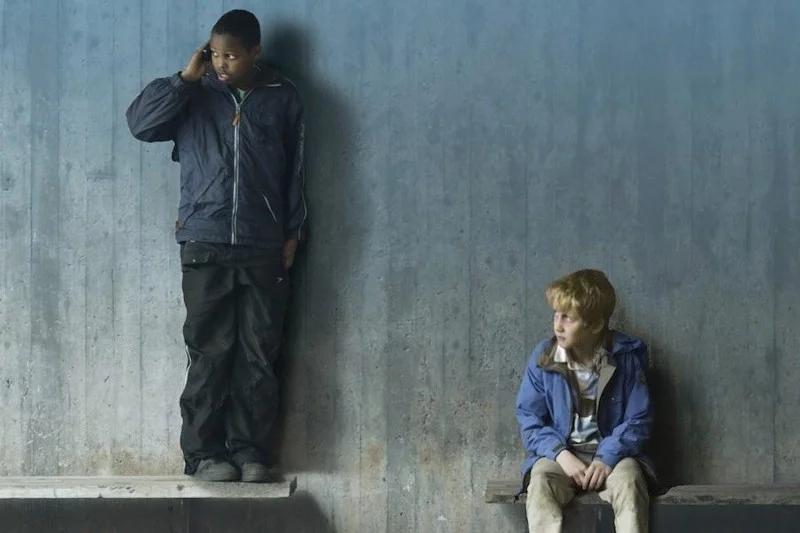Helsinki on Screen: Exploring the Town with Aki Kaurismäki
Containers form a line in the foggy, gloomy part of Helsinki, where the members of the nearly forgotten segment of society are chasing their dreams and trying to get by. Despite all the darkness depicted in Aki Kaurismäki’s award-winning film entitled The Man Without a Past, the painstakingly dosed subtle humour and the constant optimism in the air do assure its viewers that life is worth fighting for.
Critically acclaimed Finnish director Aki Kaurismäki is often accused of deliberately presenting a Helsinki that does not really exist (any more). His films are regularly set in the underworld of town, far away from the crowded, very touristy areas. Whether Kaurismäki is nostalgic or only reluctant to show what is really going on in the Finnish capital, it’s quite probable that his rather peculiar characters wouldn’t integrate well into the fast-paced environment of today’s Helsinki. Of course, The Man Without a Past is a fifteen-year-old film, but one could easily think that time had stopped in Helsinki at one point – when rock and roll mesmerised, at least, a few percentages of the Finnish population such as M, the main character.
Kaurismäki’s M does hardly have anything in common with Fritz Lang’s character named Hans Beckert who is marked with the letter M (murderer) so people would not lose track of him in the crowded streets of Berlin. The Finn M, who is a very pleasant gentleman, guides the viewers to explore the darkest and saddest part of Helsinki, where the penniless occupy the streets, but where people still care about each other and help the one in need. And M is definitely one of them. Unlike Lang’s M, he is a beloved person, and he brings joy into other people’s lives, especially Irma’s. Nonetheless, when it comes to starting a new life, he finds himself hindered by bureaucracy similarly to Franz Kafka’s hero K. The Finn’s chances are probably worse, though, since he doesn’t remember anything from his life before Helsinki. He was attacked in a park and lost his memory.
After a short period of recreation, M is ready to enter the labour market, but without a past and a name, it seems it’s quite an impossible challenge to do so. People tend to say that behind every great man there’s a great woman, and this applies to M’s life as well. His motivation to become an essential and relevant part of society again originates in the fact that he wants to prove himself to Irma, whom he regularly meets because she works for the Salvation Army the members of which serve the poor with dinner. Irma doesn’t let herself be seduced so easily. ‘You look lousy, by the way. […] And try to pull yourself together’, she says to him. M follows her instructions, yet he repeatedly hits the wall when trying to get things done: Without a name, he can’t register at the employment centre, he can’t open a bank account, etc. He is not allowed to start over, so he decides to leave the foggy, forgotten area of Helsinki he now calls home behind.
Although it’s Helsinki where the film is set, the images avoid showing each part of the town in a balanced way. While exterior scenes are used to present the life of the poor, the labour class, interior scenes are prevailing when M encounters life situations. In those cases, he’s among people who are (still) part of society: some of them are trying to take advantage of other people or the system due to the belief that the system doesn’t let them flourish, especially in a dog eat dog world. Everyone has tricks which are sometimes the source of the humour in the film. In the end, one can’t do anything but realise that this is the sad reality everyone lives in, and the only way to escape is to become an artist or a band manager. In that case, M’s lifestyle needs to be taken seriously, and the extraordinary has to be accepted.
Aki Kaurismäki is undeniably an extravagant person, whose films showcase banal plots at first sight, but they require their viewers to examine them in a more thorough way. M is a multilayered character. He is both an outcast and an artist, but he could be much more. He is no one and everyone, and Helsinki for him is nothing and everything. With a bit of luck, confidence and a few goals set, he’s finally equipped to decide what Helsinki – and his life – can be.


